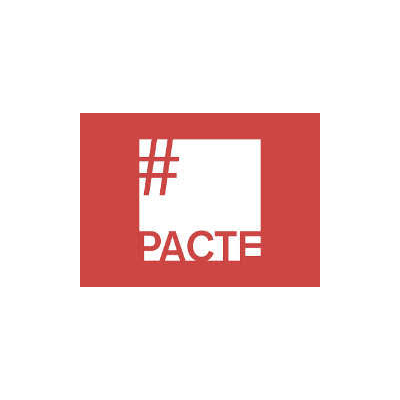

On October 9, 2018, the French National Assembly adopted, at first reading, the PACTE bill (Action Plan for Business Growth and Transformation).
Among the many measures in the bill, whose objective is to lower the obligations that weigh on companies, Article 55 is aimed at reinforcing the framework of foreign investments in France.
The current regime
Foreign investments in France are free as a matter of principle (Article L.151-1 of the Monetary and Financial Code). Nevertheless, investments in certain sectors, considered strategic, are subject to prior authorisation from the Minister of Economy (Article L.151-3 of the Monetary and Financial Code).
The authorisation procedure, established in 2005 and strengthened in 2014, currently concerns investments that foreigners wish to make in France and which might infringe upon public order, public security or the interests of national defence.
Initially, the list of sectors was narrow: gambling, private security, counterterrorism, equipment designed for wiretapping, IT security, companies entrusted with national defence secrets, weapons trade, companies dealing with the Defence Ministry.
However, in 2014, the list of sectors concerned was extended to also target energy and water supply, transportation and electronic communications networks, vital infrastructures and facilities as defined by the Defence Code, as well as the public health sector.
In the abovementioned sectors, a foreign investor must make a request to the Minister of Economy for an authorisation to invest. Once the audit has been made, the Minister can: (i) authorise the investment, (ii) deny the investment, if the investor is likely to commit a series of offences or if the investment risks infringing on national interests, or (iii) authorise the investment subject to certain conditions aimed at ensuring that the planned investment does not infringe on national interests.
In the event that the investor does not comply with the Minister’s decision, the latter may request the investor “not to follow through with the operation, to modify it or to re-establish the former situation at the investor’s expense“.
If that demand is not complied with, financial sanctions may be imposed, the amount of which may go up to “twice the amount of the irregular investment“.
The PACTE bill
The two main changes foreseen by the PACTE bill are as follows:
- 1. Extension of the business sectors concerned so as to better protect promising sectors. The list of activities would thus be extended to semi-conductors, the space industry, drones, and if related to national security, artificial intelligence, cybersecurity, robotics and mass data storage.
- 2. Stronger sanctions. The Minister will have a wider, more calibrated range of sanctions since he will be able, in the event of non-compliance with his decision and the conditions imposed on the investment, to define additional conditions not provided in the initial agreement or even order the investor to honour his commitments, subject to penalties. The Minister will also be able to take protective measures such as the suspension of voting rights or the investor’s right to receive dividends, or he can appoint an agent commissioned to ensure the protection of national interests within the company.
The regime of financial sanctions will also be modified. The fine determined by the Minister will not be able to exceed the highest of the following amounts: twice the amount of the irregular investment, 10% of the target company’s yearly turnover, €1 million for individuals and €5 million for legal entities.
The PACTE bill will be examined by a Senate committee as from January 2019. We will keep you informed of the conditions for the effective implementation of the new measures having a direct impact on foreign take-over operations of a French company.





